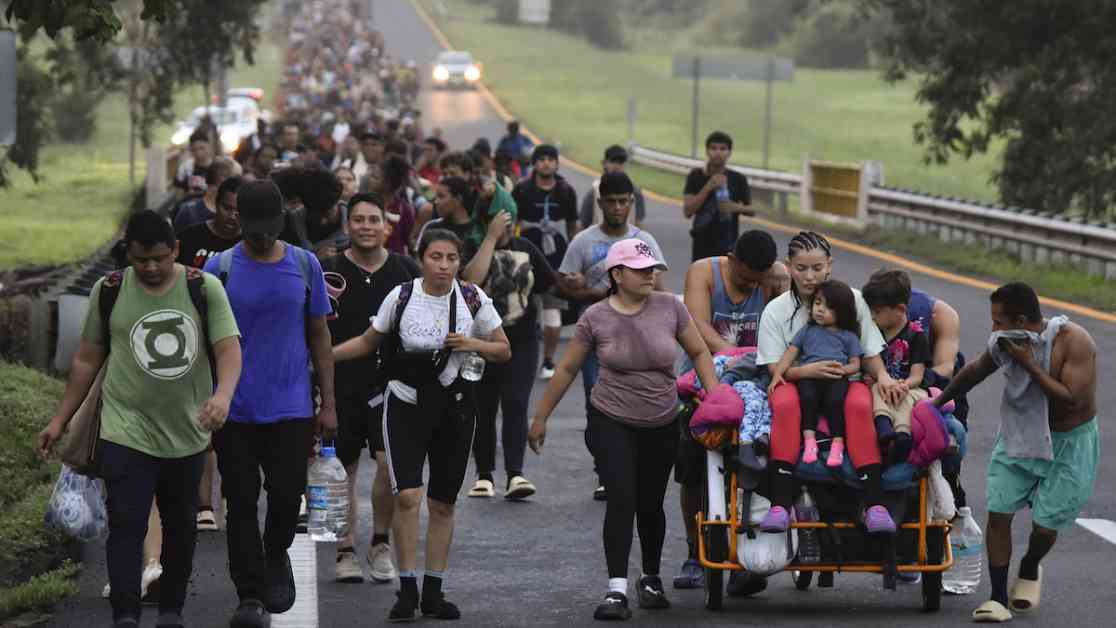President-elect Donald Trump has recently stirred controversy by vowing to end birthright citizenship, a long-standing policy that automatically grants American citizenship to anyone born in the United States. Trump’s plan is part of his broader agenda to reform immigration laws and redefine the criteria for American citizenship. However, legal experts argue that dismantling birthright citizenship would be a complicated endeavor due to constitutional protections in place.
Trump’s Stance on Birthright Citizenship
In a recent interview on NBC’s “Meet the Press,” Trump expressed his intention to abolish birthright citizenship, labeling it as “ridiculous” and claiming that it incentivizes illegal immigration and “birth tourism.” Trump’s supporters echo his concerns, advocating for stricter eligibility criteria for U.S. citizenship. For example, NumbersUSA, a group advocating for reduced immigration, proposes requiring at least one parent to be a permanent legal resident or U.S. citizen for children to obtain citizenship automatically.
Opposing Perspectives
Conversely, critics argue that scrapping birthright citizenship would have detrimental social implications. Alex Nowrasteh from the Cato Institute emphasizes the importance of birthright citizenship in fostering integration and assimilation of immigrants and their offspring. The Migration Policy Institute estimates that millions of children living with undocumented parents would be adversely affected should birthright citizenship be revoked.
Legal and Historical Context
The legal foundation for birthright citizenship dates back to the 14th Amendment, ratified after the Civil War to ensure citizenship for all individuals born on U.S. soil. While the Supreme Court has upheld the principle of birthright citizenship in landmark cases, the interpretation of this right remains a subject of debate. Some argue that the 14th Amendment’s language allows for exceptions based on parental legal status, while others contend that birthright citizenship is a fundamental component of American identity.
Challenges and Potential Outcomes
Despite Trump’s ambitious plans to end birthright citizenship through executive action, legal experts assert that such a move would likely trigger protracted legal battles. The Cato Institute’s Nowrasteh emphasizes that birthright citizenship cannot be unilaterally revoked via executive order, highlighting the need for legislative changes that align with constitutional principles. While Trump may seek congressional support for his proposal, the ultimate fate of birthright citizenship hinges on intricate legal interpretations and the enduring legacy of America’s immigration policies.
As we navigate this complex legal landscape, it’s essential to recognize the human impact of policy decisions on immigrant communities and their descendants. Beyond legal debates and political rhetoric, the story of birthright citizenship encapsulates the aspirations, struggles, and identities of individuals striving for a better future in the United States. Let us reflect on the values of inclusivity, diversity, and equality that underpin the American experience, guiding us towards a more compassionate and just society for all.














